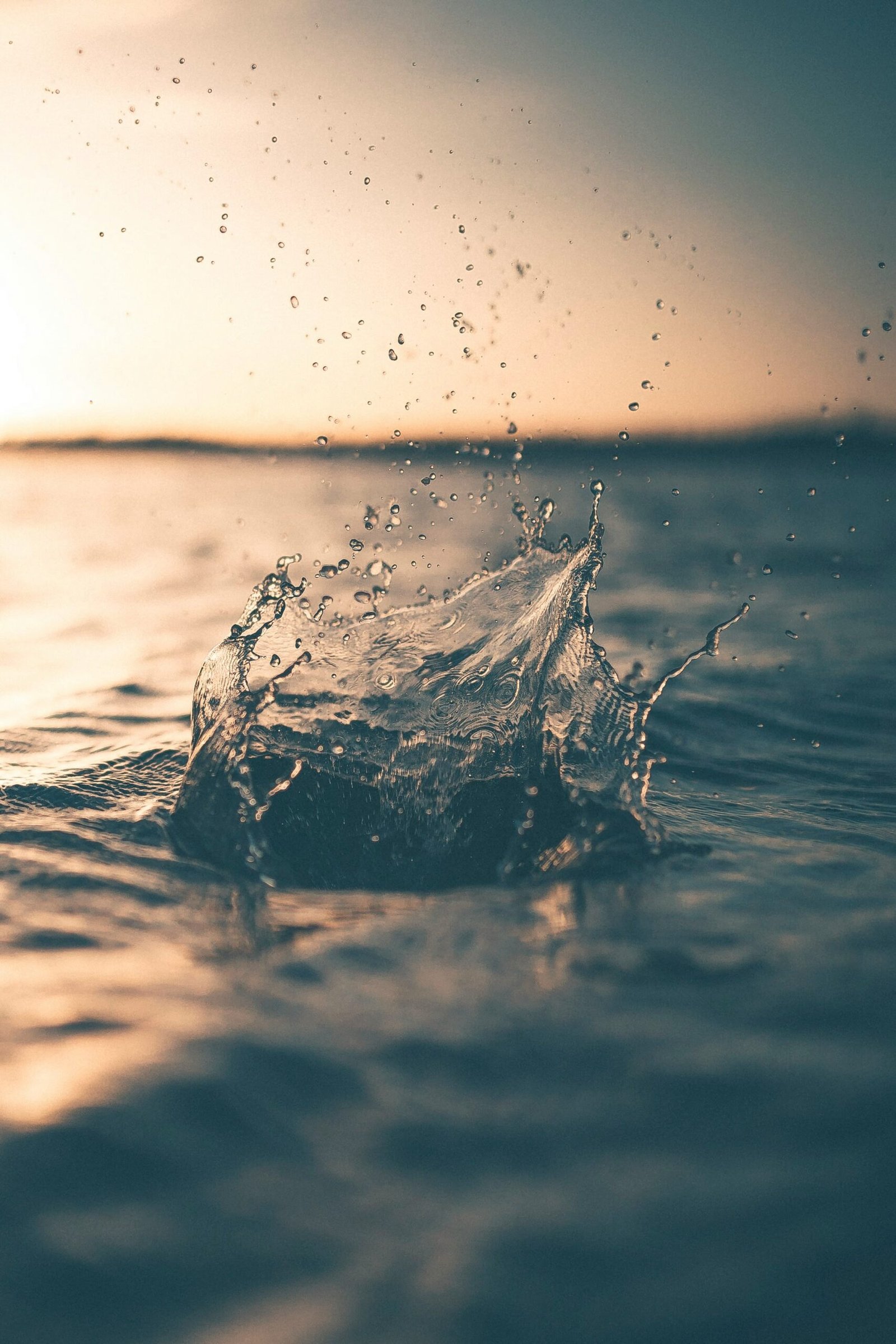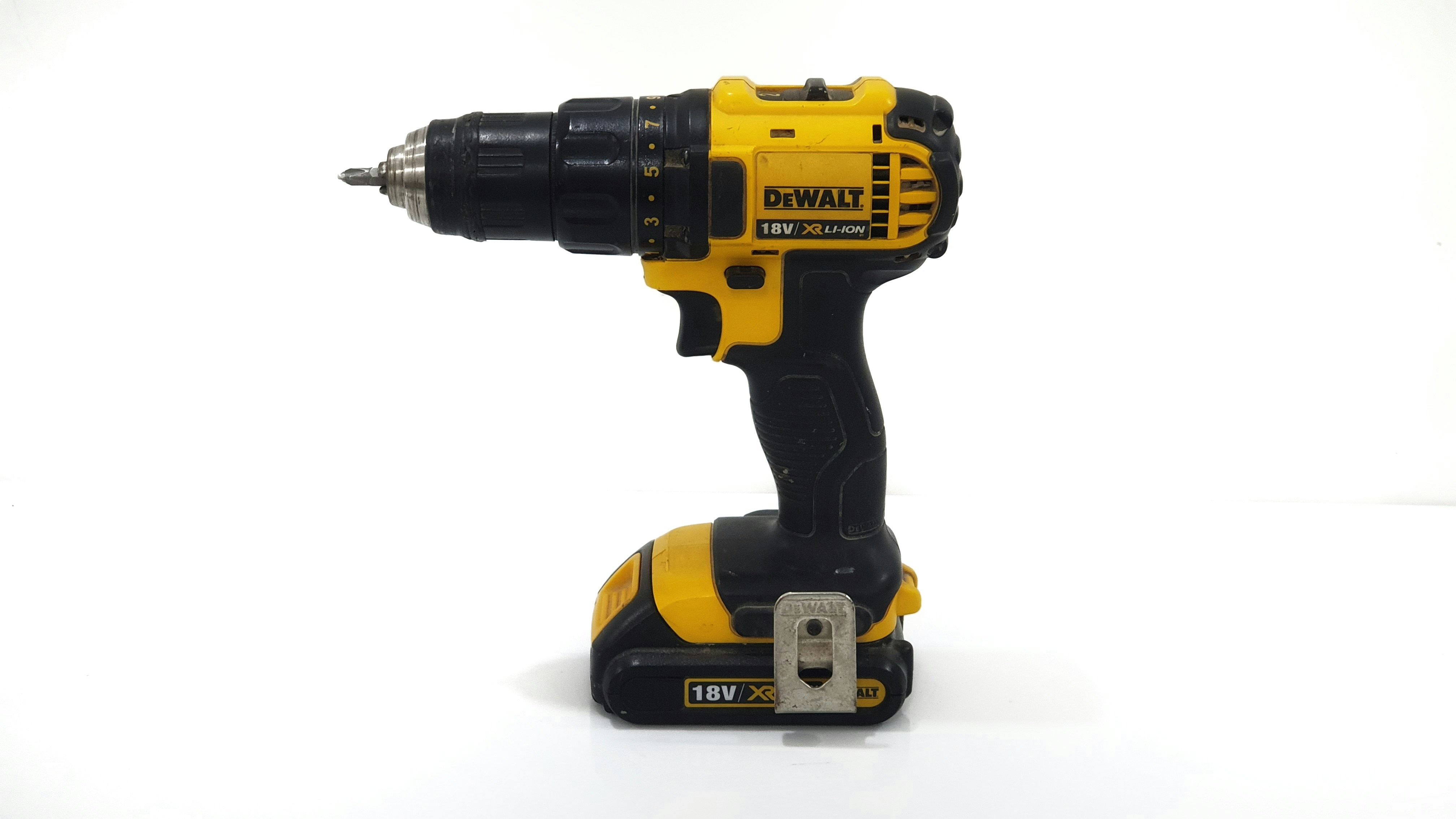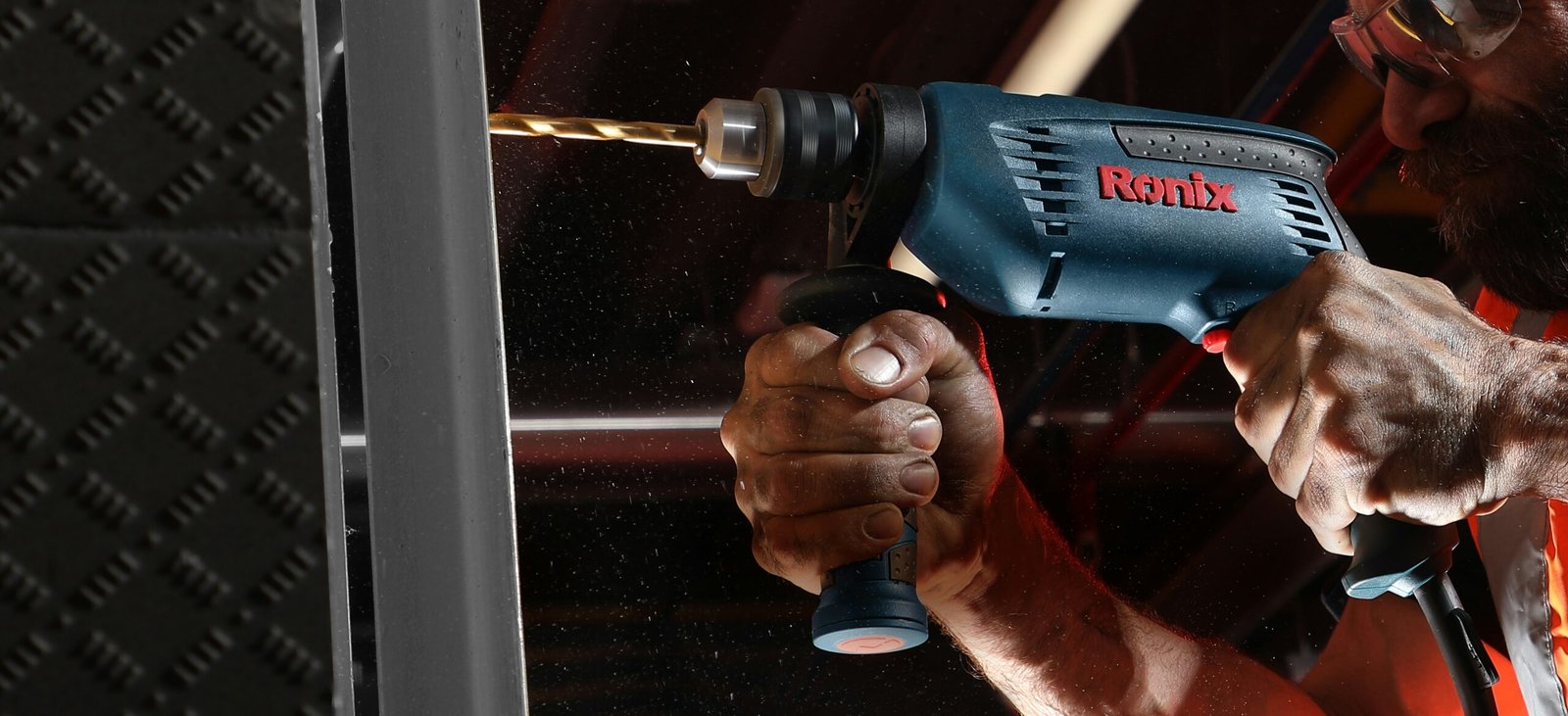Introduction to Water Softeners and Their Importance
Water softeners are crucial appliances designed to combat the adverse effects of hard water in residential settings. Hard water, which contains high levels of minerals like calcium and magnesium, can lead to numerous problems within the household. One of the most notable issues is the buildup of scale in pipes and appliances. This scale buildup can significantly reduce the efficiency of water heaters, dishwashers, and washing machines, leading to increased energy consumption and higher utility bills. Additionally, hard water can cause unsightly stains on dishes and bathroom fixtures, further necessitating the need for a reliable water softening system.
Another significant concern with hard water is its impact on skin and hair. The minerals present in hard water can make it difficult to lather soap and rinse it away completely, often leaving a residue that can cause skin irritations and dryness. Similarly, hair washed in hard water can become dull and brittle over time. For families with sensitive skin or specific dermatological conditions, installing a water softener can make a noticeable difference in comfort and overall skin health.
Water softeners operate by removing the excess minerals from the water supply, typically through a process known as ion exchange. In this process, the water softener replaces the calcium and magnesium ions with sodium or potassium ions, effectively “softening” the water. This softened water not only prevents scale buildup and enhances the performance of household appliances but also improves the overall quality of water for bathing and cleaning. By mitigating the detrimental effects of hard water, water softeners play a vital role in maintaining the longevity of plumbing systems and the well-being of household members.
Top Water Softener Brands for Residential Use in 2024
As we navigate through 2024, choosing the right water softener for residential use has never been more crucial. The market is replete with options, but a few standout brands have garnered praise for their reliability, innovation, and efficiency. Leading the pack are Culligan, Kinetico, and Fleck, each with unique offerings that cater to various needs and preferences.
Culligan
Culligan has been a household name in the water treatment industry for decades. Established in 1936, the brand has built a robust reputation for providing high-quality water softeners. Culligan offers a diverse range of products, from basic models to advanced systems equipped with smart technology. Their water softeners are known for their durability, user-friendly interfaces, and efficient performance. Customer reviews frequently highlight the effective reduction of water hardness and the excellent after-sales service provided by Culligan. Additionally, their comprehensive warranty programs and maintenance packages add significant value, making Culligan a top choice for many homeowners.
Kinetico
Kinetico is another prominent player in the water softener market, renowned for its non-electric, twin-tank systems. Founded in 1970, Kinetico has revolutionized the industry with its innovative approach to water softening. The brand’s products are powered by the kinetic energy of moving water, eliminating the need for electricity. This not only enhances reliability but also reduces operational costs. Users appreciate the uninterrupted soft water supply, even during regeneration cycles, and the minimal maintenance required. Kinetico’s commitment to sustainability and efficiency resonates well with environmentally conscious consumers, solidifying its place among the top brands.
Fleck, a subsidiary of Pentair, has been a trusted name in water treatment solutions for over 50 years. Specializing in control valves, Fleck’s water softeners are highly customizable, allowing users to tailor the system to their specific needs. The brand’s advanced digital control valves are lauded for their precision and reliability, ensuring optimal performance. Fleck systems are also designed with ease of installation and maintenance in mind, making them a preferred option for DIY enthusiasts. Positive user reviews often highlight the significant improvement in water quality and the extended lifespan of household appliances due to reduced scale buildup.
In conclusion, whether you prioritize cutting-edge technology, sustainability, or ease of use, Culligan, Kinetico, and Fleck offer exceptional water softening solutions for residential use in 2024. Each brand brings a unique set of features and benefits, ensuring that homeowners can find a system that perfectly matches their needs.
Cost Analysis: What to Expect When Buying a Water Softener
When considering the purchase of a water softener for residential use, it is important to understand the various costs associated with it. The initial purchase price of a water softener can vary significantly based on the brand, model, and capacity. On average, homeowners can expect to spend between $500 to $2,500 on a new water softener unit. High-end models with advanced features and larger capacities can be on the pricier side, while basic models are more affordable.
Installation costs are another critical component to consider. Professional installation is recommended to ensure the water softener operates efficiently and adheres to local plumbing codes. Installation fees typically range from $200 to $500, depending on the complexity of the setup and the plumber’s rates. Some companies offer installation services as part of the purchase package, which can be a cost-effective option.
Ongoing maintenance expenses should also be factored into the overall cost analysis. Water softeners require regular replenishment of salt or potassium chloride, which can cost approximately $5 to $10 per month. Additionally, periodic servicing and potential repairs may add to the annual maintenance costs. It’s advisable to budget around $100 to $300 per year for these expenses.
Comparing costs among different brands and models is essential for making an informed decision. For instance, renowned brands like Culligan and Kinetico may have higher upfront costs but are often praised for their durability and efficiency, potentially lowering long-term maintenance expenses. On the other hand, more budget-friendly brands might offer competitive initial prices but could incur higher maintenance costs over time.
Investing in a water softener can lead to significant savings on household repairs and energy bills. Hard water can cause scale buildup in pipes and appliances, leading to costly repairs and decreased efficiency. By using a water softener, homeowners can extend the lifespan of their plumbing systems and appliances, reduce energy consumption, and ultimately lower their monthly utility bills.
Understanding these cost factors will help homeowners make a well-informed decision when purchasing a water softener, ensuring they select a unit that fits both their budget and their household needs.
Evaluating Quality: What Makes a Good Water Softener?
When selecting a water softener for residential use, understanding the key factors that determine its quality is crucial. Several aspects contribute to the overall effectiveness and reliability of a water softener, ensuring that it meets user needs and industry standards. Durability is a primary factor; a high-quality water softener should be constructed with robust materials that withstand regular use and environmental factors. This longevity not only ensures continuous performance but also represents a better investment over time.
Efficiency is another critical element. A good water softener should optimize salt and water usage, reducing operational costs and environmental impact. Modern systems often feature smart technology to monitor water usage patterns and adjust regeneration cycles accordingly, enhancing both efficiency and convenience.
Ease of use cannot be overlooked. The best water softeners incorporate user-friendly controls and clear, understandable interfaces. Features such as digital displays, programmable settings, and easy maintenance protocols make these systems more accessible to the average homeowner, reducing the likelihood of operational errors and the need for professional intervention.
Customer support is equally important. Reliable manufacturers provide comprehensive support services, including detailed product documentation, responsive customer service, and extensive warranties. This support ensures that users can resolve issues promptly and maintain their water softeners effectively over the long term.
Certifications and adherence to industry standards are essential markers of quality. Look for water softeners certified by reputable organizations such as NSF International, which indicates that the product meets rigorous health and safety standards. These certifications offer peace of mind, confirming that the water softener performs as advertised and is safe for residential use.
Real-life user testimonials and expert opinions further enrich the evaluation process. Users often provide insights into the practical aspects of owning and operating a water softener, while experts can offer a deeper understanding of technical specifications and performance benchmarks. Together, these perspectives help create a comprehensive picture of what makes a water softener truly reliable and effective.
If you’re interested in purchasing the item you seek, please click the link for additional details: #americanachoice.
https://amzn.to/3SBN3Oy
AFFILIATE DISCLOSURE:
As an affiliate of this company, I earn from qualifying purchases. I am not on the payroll. Clicking on links and making a purchase may result in a commission for me.



